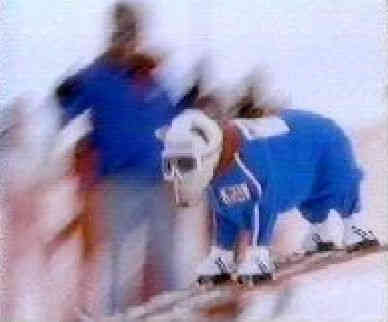Control, C-O-N control
From the New England Journal of Medicine, via The New York Times:
"In explaining the increase in the recreational use of prescription drugs, many teenagers draw key distinctions between these drugs and illicit street drugs. Teenagers whom I interviewed said that whereas they used illicit drugs only for recreation, they often used prescription drugs for "practical" effects: hypnotic drugs for sleep, stimulants to enhance their school performance, and tranquilizers such as benzodiazepines to decrease stress. They often characterized their use of prescription drugs as "responsible," "controlled," or "safe." …
The perception that prescription drugs are largely safe seems to justify the attitude that occasional use poses little risk. And indeed, there is little doubt that many more people try drugs than become serious drug abusers. Still, the fact that 50 percent of students have tried an illicit drug by the time they finish high school - another finding of the Monitoring the Future survey - is nothing to be happy about, not to mention the 5.5 percent of 12th graders who have tried the highly addictive oxycodone. …
Moreover, even in small doses, sedatives, hypnotics and opiates have subtle effects on cognition and motor skills that may increase the risk of injury, particularly during sports activities or driving. From a longer-term perspective, the brains of teenagers are still developing, and the effects of drug abuse may be harmful in ways that are not yet understood. Do we really want teenagers to think nothing of popping a pill to relax, get through the tedium of a long homework assignment, or relieve normal anxieties?"
Now, more than ever, the insidious fingers of psychiatry are kneading and plying the precious clay that is our children's minds--this time as an amateur pursuit undertaken by bored and/or stressed teenagers. Our troubled teens need to hear Tom Cruise's message of love, that "there is no chemical imbalance."









